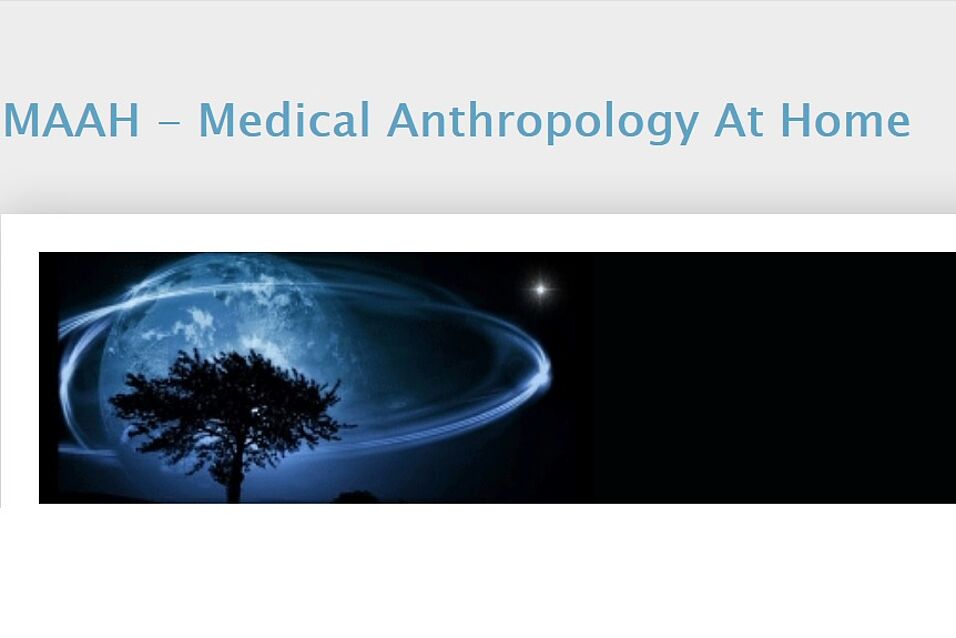In the interconnected world in which we live, certainty and uncertainty of knowledge are both central to the ways of how health and medicine are organised, experienced and practiced. However, these knowledge practices have become contested: Populism, scepticism or plain hostility towards science, and “alternative facts” replace informed debates. The quest for certainty has always been a defining feature of medical practice; yet, uncertainty is not only inherent in medical practice per se, but also a product of the interconnectedness of various heterogeneous social domains.
We suggest that the concept of transfiguration might be useful to understand these interconnected practices. It lends itself particularly well to conceptualising the heterogeneity and complexity involved in current medical practices. Uncertainty is an important aspect of this. Transfiguration follows the approach of figurational theory developed by Norbert Elias and further developed by other social scientists interested in understanding an ever-changing, fluid, world. Transfigurations seeks to describe how certain domains of social interactions occasionally assemble and reassemble in order to relate to each other in novel ways, redefining the actors and entities in novel power relationships in this nexus. Uncertainty is then both a concept that can be used to understand the epistemological crisis of current medical practice, and as ontological state of the patients and practitioners who finds themselves thrown into the nexus.
From a perspective of transfiguration, in this conference we would like to scrutinise the dynamic connectivity that links medicine with a multitude of other societal domains and that brings about various forms of uncertainty within four thematic clusters:
(1) visions of medical futures;
(2) the medical technologies, infrastructures and materialities which are developed to make these futures happen;
(3) the moral quandaries and the policing of health; and finally,
(4) the feelings, subjectivities and ways of navigating health and illness that are engendered and enabled by these technologies.
keynote lecture: Matthew Lariviere (University of Sheffield)
XI MAAH 2020 Scientific Organizing Committee:
Bernhard Hadolt (University of Vienna): bernhard.hadolt(at)univie.ac.at
Andrea Stöckl (University of East Anglia): A.Stockl(at)uea.ac.uk
For further details see
| Call for Abstracts (deadline: 01.12.2019) |
| MAAH conference webpage |

